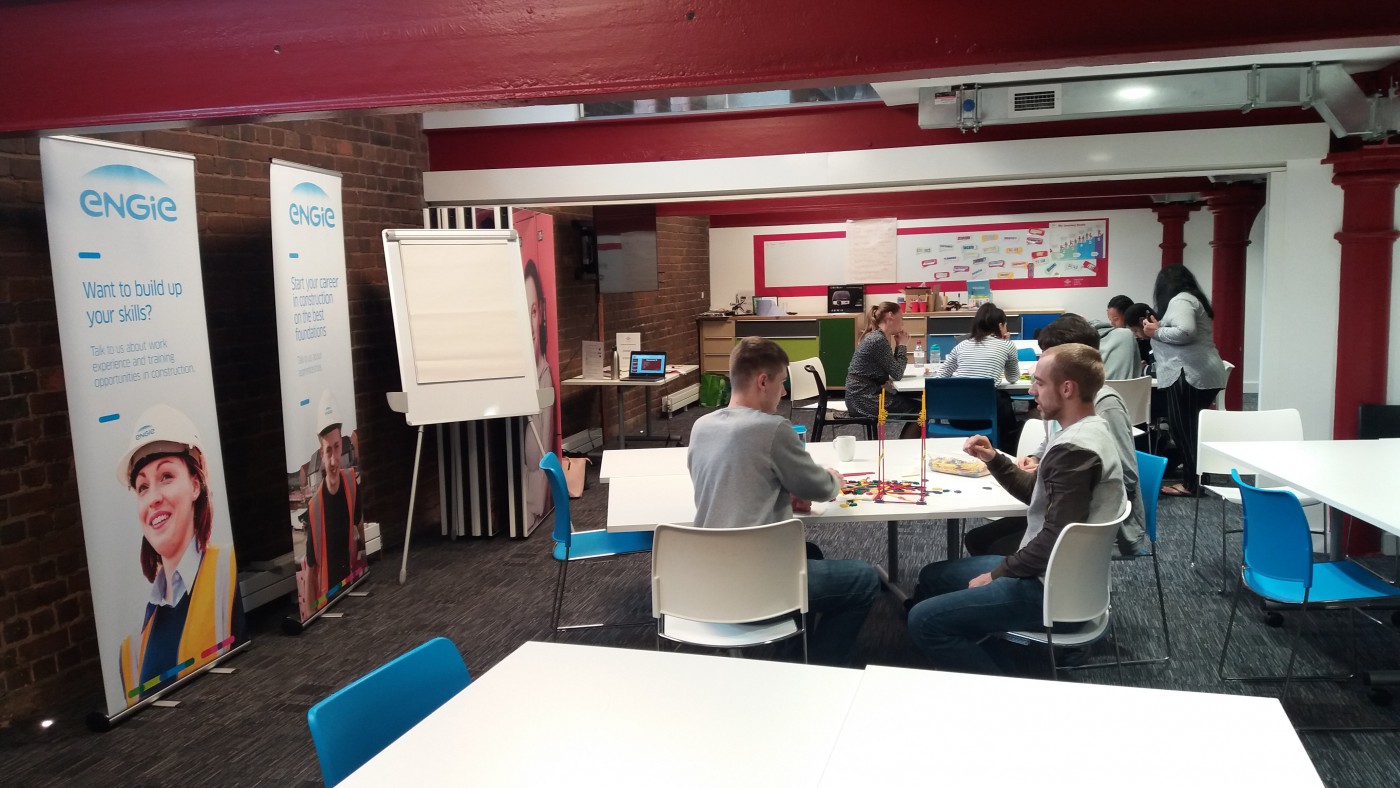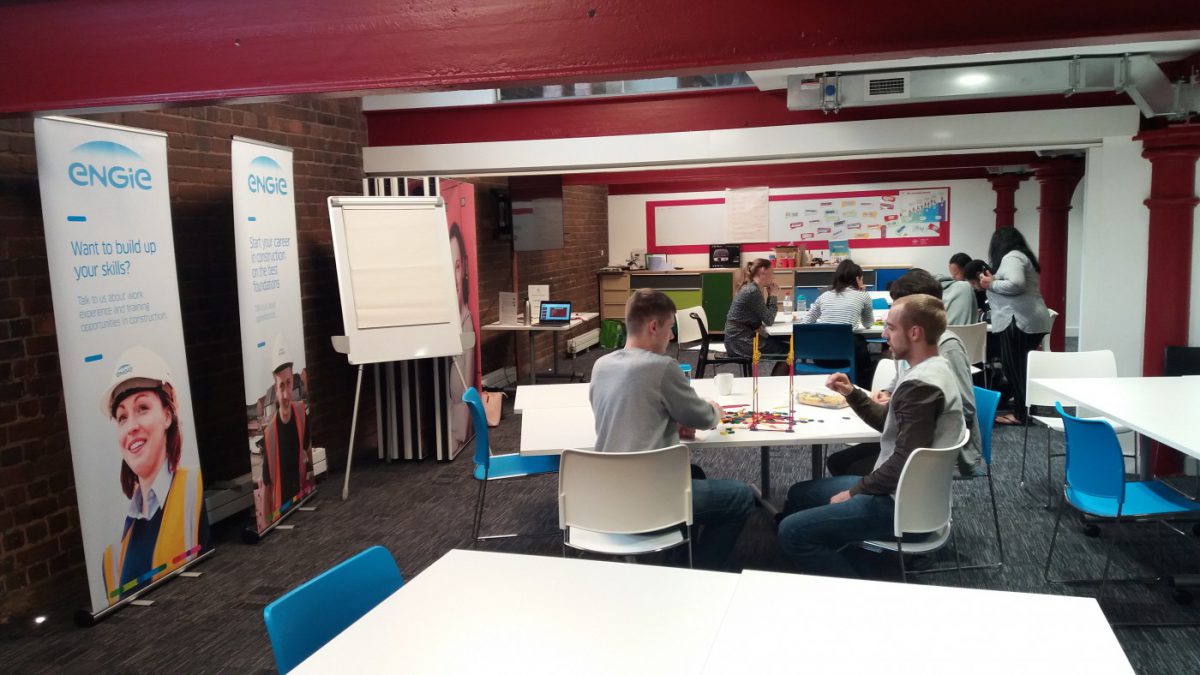Over the last twelve months the ENGIE Learning and Development team have looked at things differently and from a wider perspective to meet skills gaps and develop our existing workforce in areas that haven’t previously been a focus, we have built relationships, offering opportunities to “hard-to-reach groups” by understanding specific needs and issues. This newly created and implemented Strategy has offered a unique model of recruitment and development into the industry and enhanced on-going support for our current employees. In order to encourage ‘buy in’, all employees are required to undertake a minimum of 1 volunteering day per year linked to the strategy and the communities that we work in so that they get a better understanding of the groups that we are seeking to engage with. We have also built into the learning and development team’s yearly objectives that 20% of their engagement activities will be focused on the “hard to reach groups”. This activity will be reported to the Board on a monthly basis.
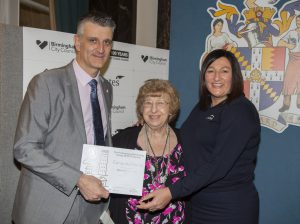
We have developed a thorough engagement and recruitment process which targets not only traditional entrants to the industry but also groups that include BAME, NEET, ex-offenders, military, tenants in social housing, unemployed, care leavers, females, homeless etc.
We have increased our Apprentice and Trainee population by 20%, 22% of our workforce now fall under these categories. We have also launched the first L5 “Women into Leadership” (Construction) programme and invested in two groups of “New Horizons” early years talent schemes.
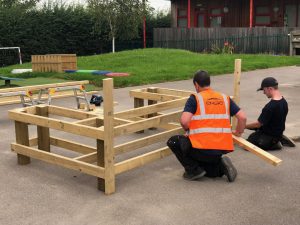
As a team we have generated over £8 million in social value over the last 12 months. We have increased our Apprenticeship population from 67 to 123 with again a longer-term view of supporting the business and the industry in the challenges it faces. These Apprentices are all going through national frameworks or standards. 36.6% of our total Apprentice population are from “hard to reach” groups linked to our strategy and local authority goals.
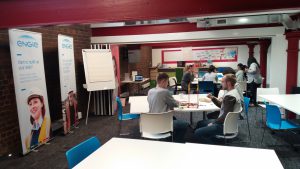
We feel our strategy for promoting construction to the wider audience, recruiting and continuing to upskill our existing staff could be adopted by wider organisations to get the same benefits that we have had as a business. We have already started the process of sharing best practice by being guest speakers at a number of local and national forums to promote the positive work with other organisations. We feel that the sharing of best practice will be further enhanced moving forward by having the real-life examples and success stories of how this can work in the construction industry, for example ex-offenders and care leavers in to sustainable employment.
Key achievements
- Actively engaging and recruiting people from diverse and hard to reach groups, ensuring that the whole business (volunteering etc) buys into this approach.
- Investment in learning and development opportunities for upskilling our existing workforce, this has seen increases in all areas.
- Commitment to Apprenticeships and utilising the benefits of the Apprenticeship levy and new standards to meet business needs in non-traditional construction roles.
